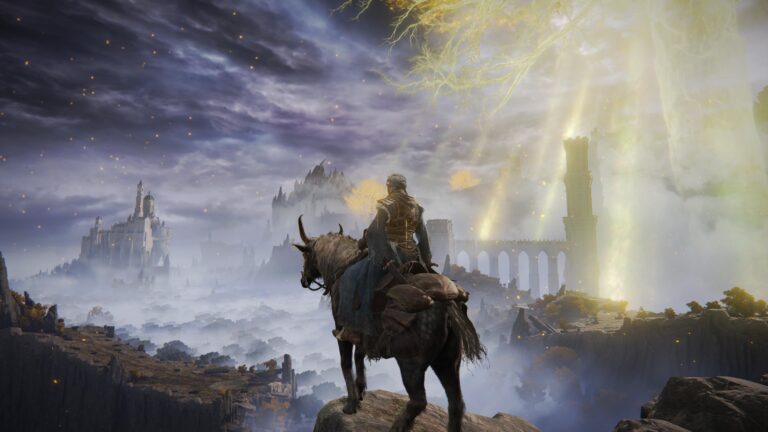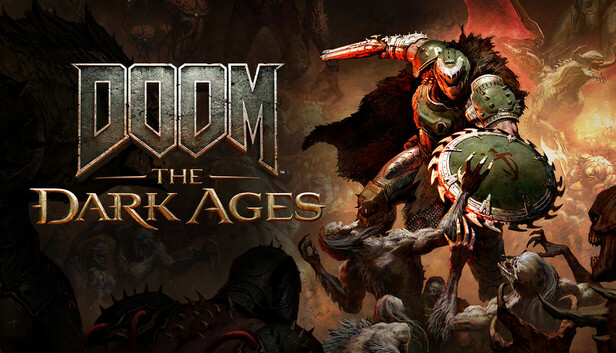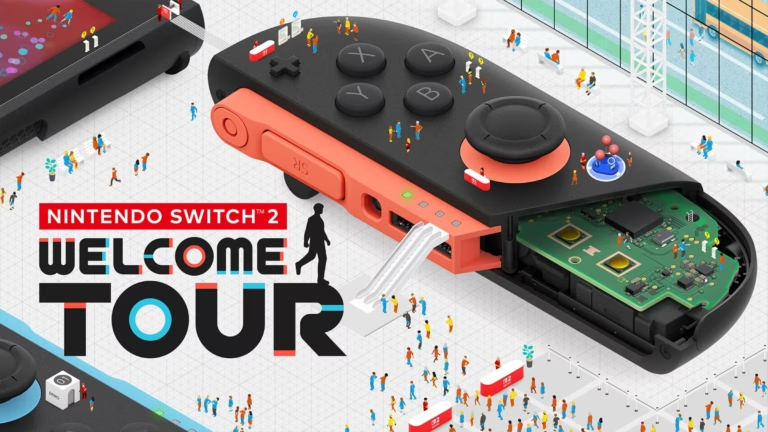Game data not found.
The Legend of Heroes I & The Legend of Heroes II Eiyû Densetu are the first two installments in the renowned Legend of Heroes series, which has captivated RPG fans with its intricate storytelling, engaging gameplay, and rich world-building. Released initially in Japan and subsequently gaining international recognition, these games laid the foundation for what would become one of the most beloved series in the role-playing game genre.
Story
The narrative of The Legend of Heroes I, also known as Dragon Slayer: The Legend of Heroes in Japan, introduces players to the kingdom of Iselia. The story follows Prince Selios, a young heir to the throne, who finds himself thrust into a world of political intrigue and dark magic. The kingdom faces threats from both external forces and internal betrayal, and Selios must navigate these treacherous waters to restore peace to his homeland.
As the tale unfolds, players encounter a diverse cast of characters who aid Selios on his journey. Each character is well-developed, with unique backstories and motivations that intertwine with the main plot. Key themes explored in the game include friendship, loyalty, and the struggle between good and evil.
The Legend of Heroes II Eiyû Densetu continues the saga, expanding the universe and introducing new characters and challenges. Set in the war-torn continent of El Phildin, the sequel delves deeper into the lore established by its predecessor. Players follow a new protagonist, Atlas, who must confront his destiny amidst a backdrop of conflict and chaos.
The sequel builds upon the themes of the first game, exploring the impact of war and the personal sacrifices required to achieve peace. The interconnected narratives of The Legend of Heroes I & II create a cohesive and immersive experience that resonates with players long after the final credits roll.
Gameplay
The gameplay of The Legend of Heroes I & II is rooted in traditional turn-based RPG mechanics, offering players a strategic and engaging experience. Combat is initiated through random encounters, a hallmark of classic RPGs, where players must carefully manage their party’s abilities and resources to emerge victorious.
Players can customize their party’s composition, selecting from a variety of characters, each with distinct skills and attributes. The battle system emphasizes tactical planning, requiring players to consider factors such as enemy weaknesses, terrain advantages, and character synergy.
Exploration is a key component of the gameplay, with players traversing expansive maps filled with hidden treasures and powerful foes. The games encourage players to interact with NPCs, who provide valuable information, quests, and items to aid in their journey.
The Legend of Heroes II Eiyû Densetu introduces several enhancements to the gameplay formula, including improved AI for party members and a refined magic system. These improvements build upon the solid foundation established by the first game, offering a more polished and satisfying experience.
Graphics and Sound
The graphics of The Legend of Heroes I & II, while not groundbreaking by today’s standards, were impressive for their time. The games feature colorful, detailed sprites and environments that bring the world of Iselia and El Phildin to life. Character designs are distinct and memorable, contributing to the game’s immersive atmosphere.
The soundtracks of both games are noteworthy, featuring compositions that enhance the emotional depth of the narrative. The music ranges from hauntingly beautiful melodies that underscore moments of reflection to rousing battle themes that heighten the intensity of combat encounters. The sound design, while limited by the hardware of the time, effectively complements the visual and narrative elements of the games.
Legacy and Reception
Upon their release, The Legend of Heroes I & II received critical acclaim in Japan, praised for their compelling storytelling, engaging gameplay, and richly developed world. The success of these games laid the groundwork for the expansion of the Legend of Heroes series, which has since become a staple of the RPG genre.
Internationally, the games garnered a dedicated fanbase, contributing to the growing popularity of Japanese RPGs in Western markets. The series’ emphasis on narrative depth and character development resonated with players seeking more than just action-oriented gameplay.
The influence of The Legend of Heroes I & II can be seen in subsequent entries in the series, which have continued to evolve and innovate while retaining the core elements that made the originals so beloved. The games’ legacy is evident in the enduring popularity of the Legend of Heroes franchise, which continues to captivate new generations of players.
Conclusion
The Legend of Heroes I & The Legend of Heroes II Eiyû Densetu stand as seminal works in the RPG genre, offering players a rich tapestry of story, gameplay, and visual artistry. Their impact on the gaming landscape is undeniable, influencing countless RPGs that followed.
These games remain a testament to the power of storytelling in video games, demonstrating that compelling narratives and well-developed characters can elevate the medium beyond mere entertainment. For fans of the genre, The Legend of Heroes I & II are essential experiences, worthy of exploration and appreciation.
As the Legend of Heroes series continues to evolve, the legacy of its origins endures, reminding players of the timeless appeal of epic adventures and the heroes who embark upon them.















